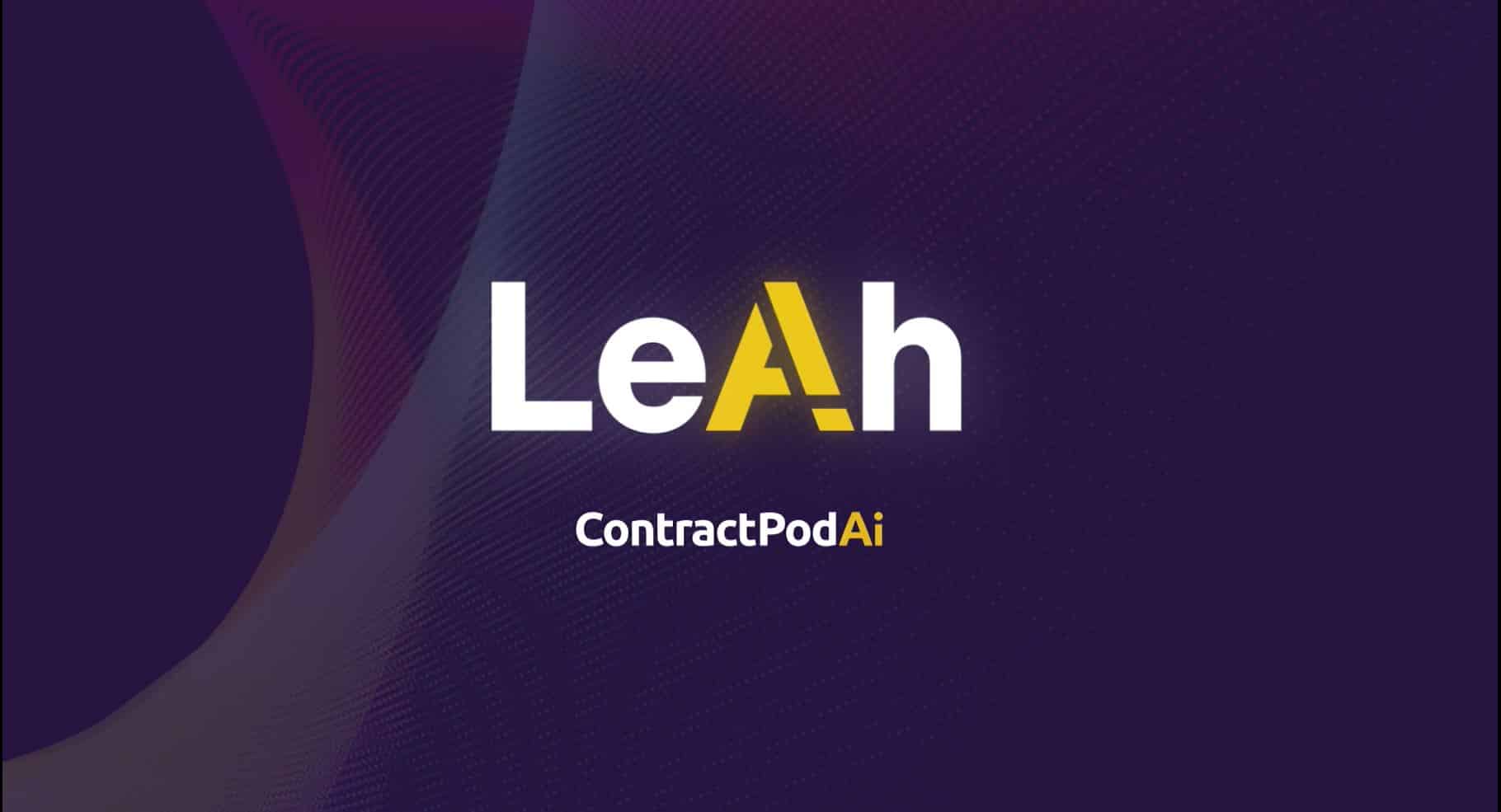Just when you thought you had a handle on the rules for taxing goods and services, you come face to face with the new compliance bully on the block: “sometimes taxable.” Businesses must correctly deal with these sometimes exempt and sometimes subject to sales tax products and services or suffer the consequences. Knowing when tax applies to “sometimes taxable” goods and services is essential to successful tax compliance – but it’s not always so easy to discern.
Most tangible personal property is taxable in the 45 states (plus the District of Columbia) that levy sales tax. Services, once insulated from transaction tax pain, are increasingly subject to it as states respond to the growing service-based economy. If expanding sales tax to numerous services allows states to capture more revenue, it also makes sales tax compliance more complex for businesses.
Common triggers
Goods and services are “sometimes taxable” for a variety of reasons, including but not limited to:
- Method of delivery
- Sales tax holidays
- Type of transaction: B2B or B2C
Sales tax rules always vary by state. With “sometimes taxable” goods and services, the key to determining taxability is often the interplay between the product/service and the trigger. And determining taxability is the first step towards sales and use tax compliance.
Common products and services
While in theory any good or service could be “sometimes taxable,” some are more likely to fall into this category than others. Common “sometimes taxable” items include:
- Apparel and footwear
- Books
- Electronics
- Food
- Sporting Goods
- Music and video
Apparel and footwear
Clothing is subject to sales tax in the majority of states that have it, although the laws can be capricious. For example, New York state sales tax does not apply to clothing and footwear sold for less than $110 per item or pair, and local tax may or may not apply. That’s “sometimes taxable” with a twist.
In addition, 18 states provided tax-free periods for qualifying apparel and footwear in 2015. 14 states are providing them in 2016, and several more have sales tax holidays under consideration. Each state has its own list of qualifying items and conditions for exemption. Whether they last a day, a weekend, or a week, sales tax holidays can create a sales tax compliance nightmare for businesses that sell into multiple taxing jurisdictions.
Food
Food is often exempt when unprepared but taxable when prepared, or exempt if a business doesn’t provide seating and taxable if it does. In New York, for example, a bagel sold by quantity is exempt whether whole or sliced, but a bagel that is sliced, toasted and served with cream cheese or butter is taxable.
The method of payment may also impact food taxability. Candy, sandwiches and soft drinks are generally taxable in New York but are exempt when purchased with food stamps. Convenience stores, those special blends of cafeteria, fast food, and grocery store, are particularly susceptible to the tax pain of “sometimes taxable” food.
Music and video
Determining the taxability of music and videos consumed at home used to be relatively straightforward: products that could be held in consumers’ hands, like vinyl, VHS cassettes and DVDs, were tangible personal property and subject to sales tax. Easy peasy.
Not so, today. These days we’re consuming an increasing number of books, movies and music electronically. Due to the method of delivery, taxability has become as complicated as our remotes. And changing technology triggers changes in taxes.
Confusion starts with state laws and grows with each new regulation and exception. An increasing number of states including Washington specifically tax digital goods and services. However many, like Texas, rely on existing laws and define digital goods as taxable tangible personal property.
Kentucky sales and use tax applies to digital audio works and books sold to an end user with rights for permanent use, but digital audio visual works sold to an end user (with rights for permanent use) are exempt, as are digital audio visual works sold to users other than the end user or with rights of use that are less than permanent. Electronically delivered amusements like Netflix became subject to Chicago’s amusement tax on July 1, 2015 but litigation is underway and the fate of the tax is uncertain.
The sales tax pain point for sellers of digital goods and services is likely to grow. Approximately half of the states currently apply sales tax to digital books, downloaded music and ringtones. If Kentucky is any indication (and it is), clarifying laws just add to the confusion.
Always prepared
When it comes to sales and use tax, businesses dealing in “sometimes taxable” goods and services must always be prepared especially if you sell via multiple channels or in multiple states. A need for sales and use tax revenue is motivating states to broaden sales tax laws in numerous ways, from expanding them to services to capturing revenue from remote sellers to tapping into new digital markets. This, in turn, could change or add to your tax obligations.
Trying to manage this process manually or with built-in basic tax functionality is risky. This is where having tax automation software can be beneficial. Avalara AvaTax helps businesses of all sizes deal with “sometimes taxable” goods and services. AvaTax works in your existing business systems to transfer tax data for each jurisdiction instantly and apply the right rates, rules and exemptions to every transaction. So you’ll never have to worry about being only sometimes right about sometimes taxable.
——-
Gail is a sales tax expert with Avalara who has a penchant for digging through the depths of BOE sites and discovering and reporting rate changes across the country.
Thanks for reading CPA Practice Advisor!
Subscribe Already registered? Log In
Need more information? Read the FAQs
Tags: Sales Tax





